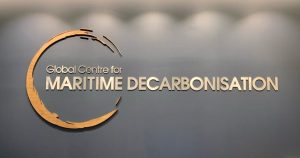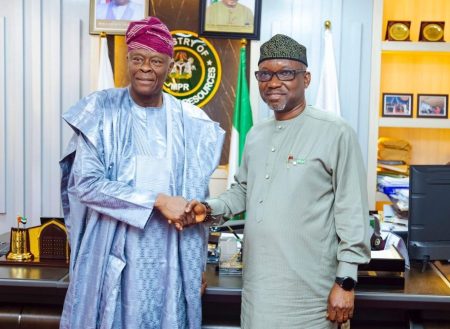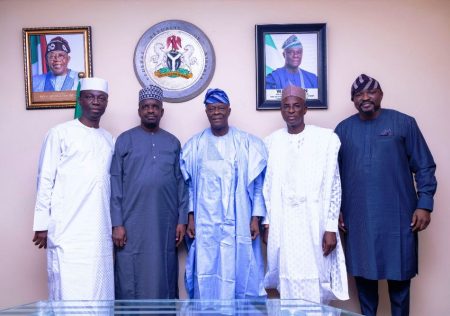
Singapore — The Global Centre for Maritime Decarbonisation (GCMD) found carbon emissions fell 83% using a vegetable oil biofuel blend compared with marine gasoil in a trial for a dual-fuel liquefied petroleum gas (LPG) carrier, the centre said on Tuesday.
This was the third of five supply chain bunkering trials that the GCMD has undertaken as part of an $18 million project to test different biofuel blends to reduce carbon emissions.
The trials are key to helping the fuel and shipping industries come up with green fuels to meet the International Maritime Organisation’s 2030 and 2050 decarbonisation targets.
The biofuel blend used in the latest trial comprised marine gasoil blended with 30% hydrotreated vegetable oil (HVO) that was produced from 100% waste and residues.
Using the HVO resulted in an 83% reduction in emissions compared to using fossil-based marine gasoil, the GCMD said in a statement.
GoodFuels supplied about 200 metric tons of the biofuel blend to the mid-sized gas carrier Kaupang operated by Eastern Pacific Shipping.
Meanwhile, blending marine gasoil with 30% biofuel as a pilot fuel for LPG combustion led to a 20% net reduction in emissions versus sailing on very low sulphur fuel oil.
A tracer was dosed with the HVO and blended with marine gasoil onboard the bunker vessel for origin and quantity monitoring.
“Transparency is becoming even more crucial as we are now starting to bring the new generation of sustainable marine fuels to market,” said Johannes Schürmann, commercial director at GoodFuels.
The remaining supply chain trials will be run in the next few months, while details of the assurance framework will be shared through a public report in early 2024, according to GCMD.
Previous trials involved blends comprising used cooking oil methyl ester (UCOME) blended with very low sulphur fuel oil and high sulphur fuel oil respectively.
Biofuel bunkering volumes have trended higher at the world’s top bunker hub, Singapore, with bio-blended low sulphur fuel oil sales climbing to a monthly record high in July.
*Jeslyn Lerh; Editing: Sonali Paul – Reuters



